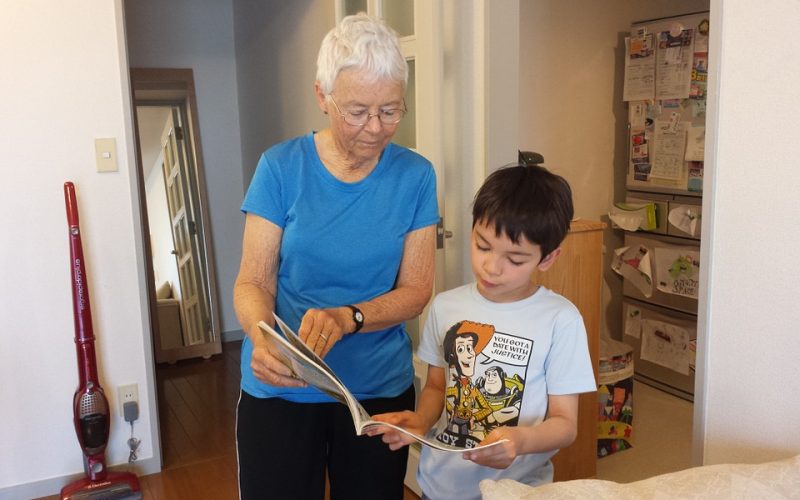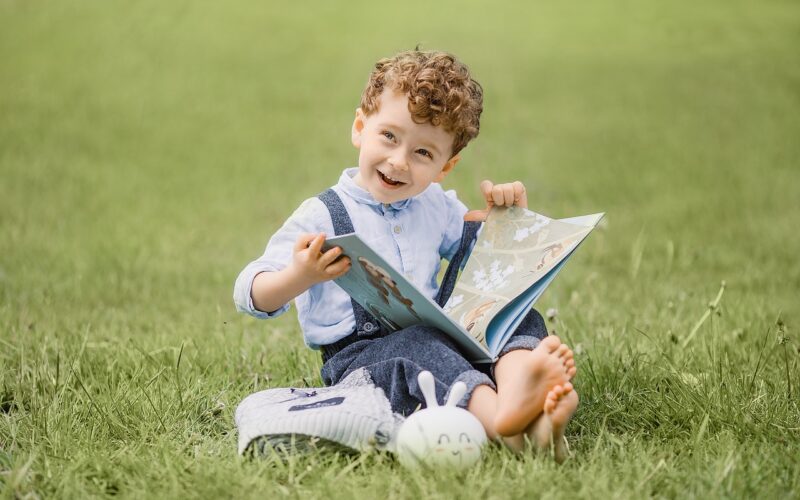Grasping Reading At a Young Age
Learning to read at a young age is one of the most valuable skills a child can develop. The abilities gained through early reading extend well beyond literacy, impacting cognitive, social, emotional, and even physical development.
Boosting cognitive development
Reading at a young age stimulates cognitive growth by enhancing a child's ability to process information and understand complex concepts. Early readers are often better equipped to think critically and solve problems creatively. Studies have shown that children who start reading before entering school perform better academically throughout their educational careers. The mental stimulation that reading provides helps in the development of neural pathways in the brain, which can lead to improved memory and concentration.
Enhancing language skills
One of the most immediate benefits of early reading is the enhancement of language skills. Children who read from an early age tend to have a richer vocabulary, better grammar, and more advanced comprehension skills compared to their peers. Reading exposes children to new words and different sentence structures, thereby broadening their linguistic capabilities. This not only aids in their communication but also supports other forms of learning, as language proficiency is foundational to understanding and interacting with the world.
Fostering emotional intelligence
Books often introduce children to a wide range of emotions and scenarios, helping them develop empathy and emotional intelligence. When children read stories about characters facing various challenges, they learn to identify and understand different emotions, both in themselves and others. This emotional awareness is essential for forming healthy relationships and navigating social interactions. Additionally, reading can be a comforting activity that helps children manage their own emotions, providing an escape and a way to process their feelings.
Improving social skills
Reading stories about diverse characters and cultures can significantly improve a child's social skills. Books often illustrate how characters interact, solve conflicts, and build relationships. By observing these interactions, children can learn valuable social cues and norms. These lessons translate into real-world skills, enabling children to communicate more effectively and build stronger relationships with their peers. Furthermore, discussing books with parents, teachers, or friends can foster communication skills and collaborative thinking.
Encouraging a lifelong love of learning
Children who develop reading habits early in life are more likely to become lifelong learners. A positive reading experience can ignite a love for learning that extends to other areas of interest. Early exposure to books instils curiosity and a desire for knowledge, which can motivate children to explore subjects beyond the classroom. This enthusiasm for learning is beneficial not only academically but also personally, as it encourages continual growth and self-improvement.
Supporting physical health
While it might not be immediately obvious, early reading can also have positive effects on physical health. The act of reading requires focus and patience, which can help children develop the discipline necessary for other activities like sports or hobbies. Furthermore, reading can be a calming activity that reduces stress and anxiety, contributing to overall well-being. A relaxed and focused mind can lead to better sleep and a healthier lifestyle, both of which are essential for a child's development.
The benefits of learning to read at a young age are extensive and multifaceted. From cognitive and language development to emotional and social growth, early reading sets the stage for a well-rounded and successful life. By fostering a love for reading early on, we provide children with the tools they need to thrive in all areas of their lives. Encouraging reading from a young age is one of the best investments we can make in our children's future.






